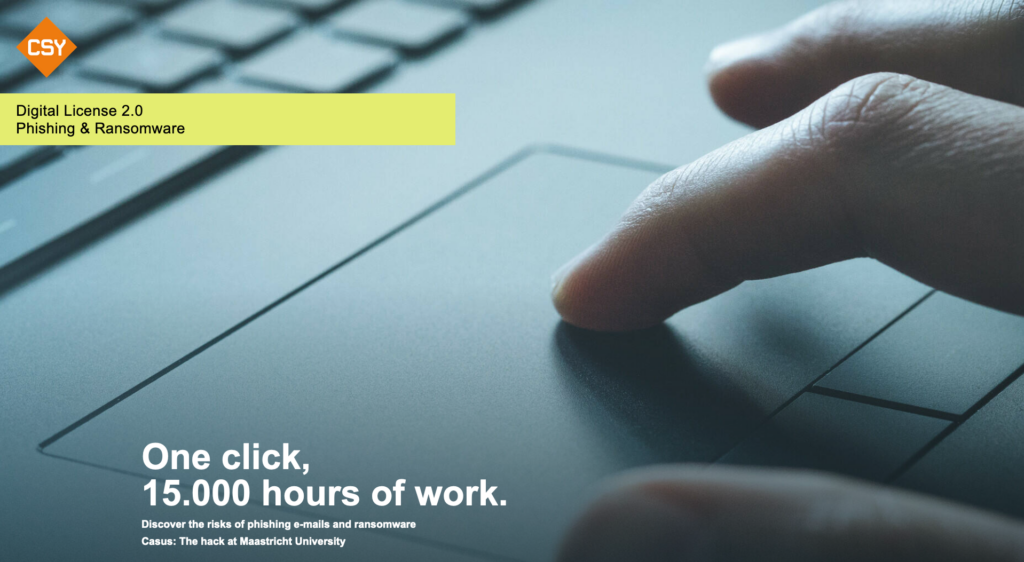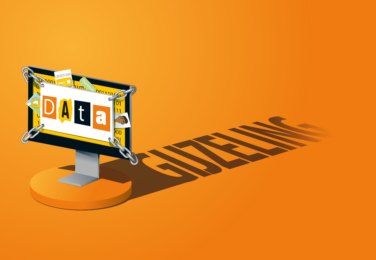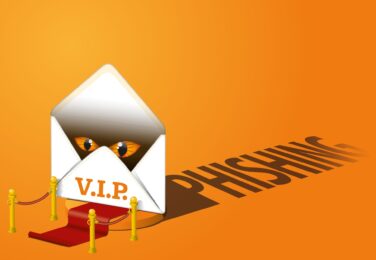Phishing
Gotcha! You click on a link from your bank, log into the website and follow the steps as prompted. But the sender is not as reliable as you think. It’s the perfect cover for a password thief. And with your data and your identity, they will have no trouble hacking into your bank account.
Learn to recognise password pilferers.
Fake emails from criminals...
Everyone sometimes receives an e-mail from an unknown sender, or with content you don't expect, or that is strange in some other way. This is usually a fake email, also known as a phishing email. Cybercriminals are always coming up with new ways to scam you via e-mail. They also sometimes go very far in their attempts
....to steal your personal information.
It can make money to find out your personal information via e-mail and then abuse it. For example, if a cybercriminal obtains your bank's login information and withdraws money from your account. Criminals can also send emails where they try to trick you into emailing back personal information or clicking on a link. After you click on the link, a malicious program is unknowingly installed on your computer.
Phishing can take different forms: it can happen just as easily through a phone call or text message.

Take the e-learning and find out how hackers at Maastricht University started a major ransomware attack by sending phishing mail. Learn what you can do to recognize phishing in time and prevent a ransomware attack.
Phishing tips
- Never give out data in a phone call that you did not initiate yourself.
- If a reliable or well-known authority asks for personal data, they never do so via a link in an e-mail. Go to the agency's website yourself by typing in the URL.
- Do you feel pressured in a conversation, do you get a restless feeling from the message or does it stress you out? Break off the conversation.
- Does an acquaintance or an authority ask for something unusual or abnormal? Be alert, chances are it's phishing!
- Be careful when opening emails and email attachments.
- Does an (unknown) sender offer you something that is too good to be true? Chances are the sender is trying to trick you. Do not act on it.
- Always report it if you are a victim of cybercrime.
Do you suspect you are a victim of phishing? Check out first aid for cybercrime.



